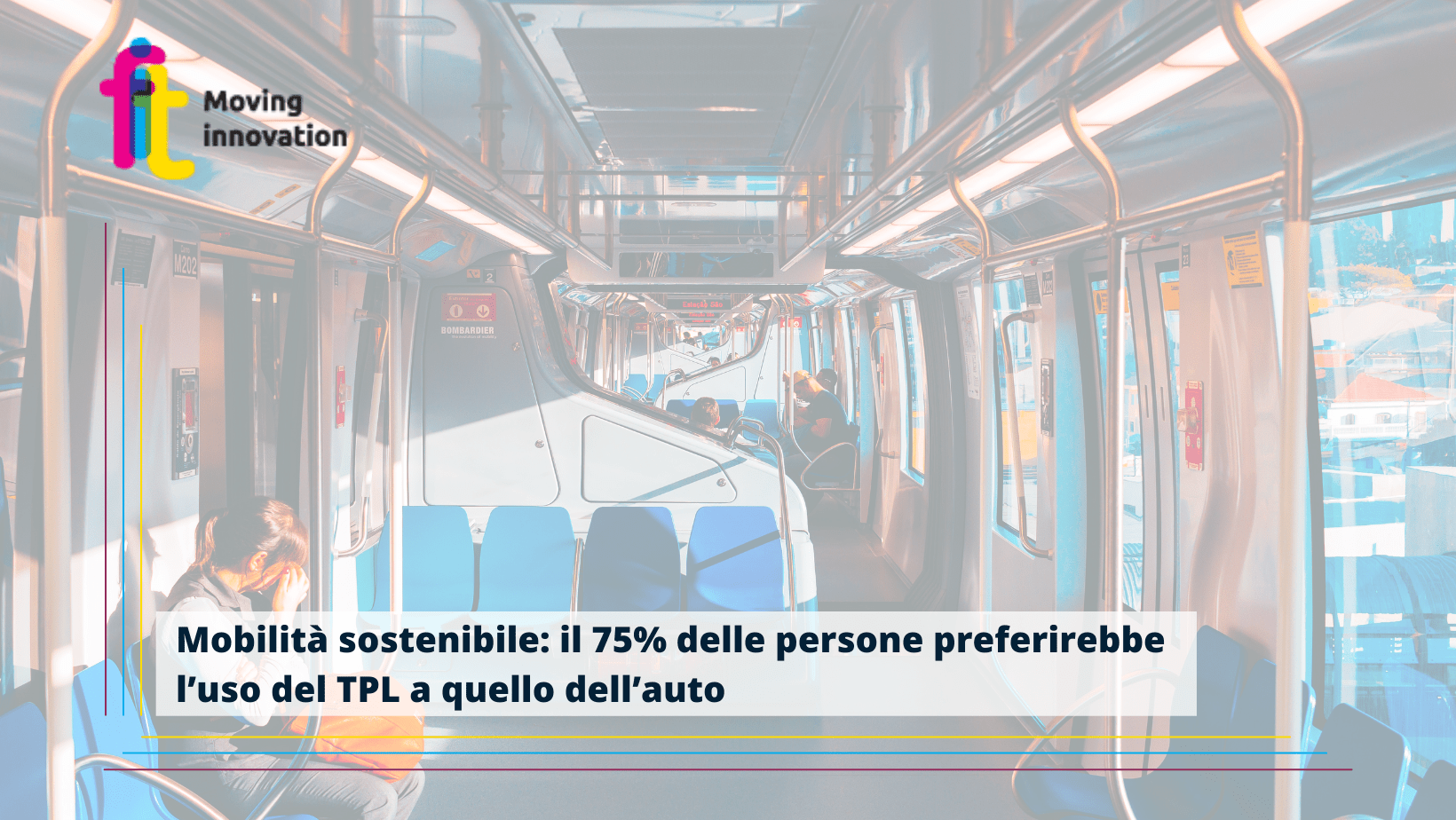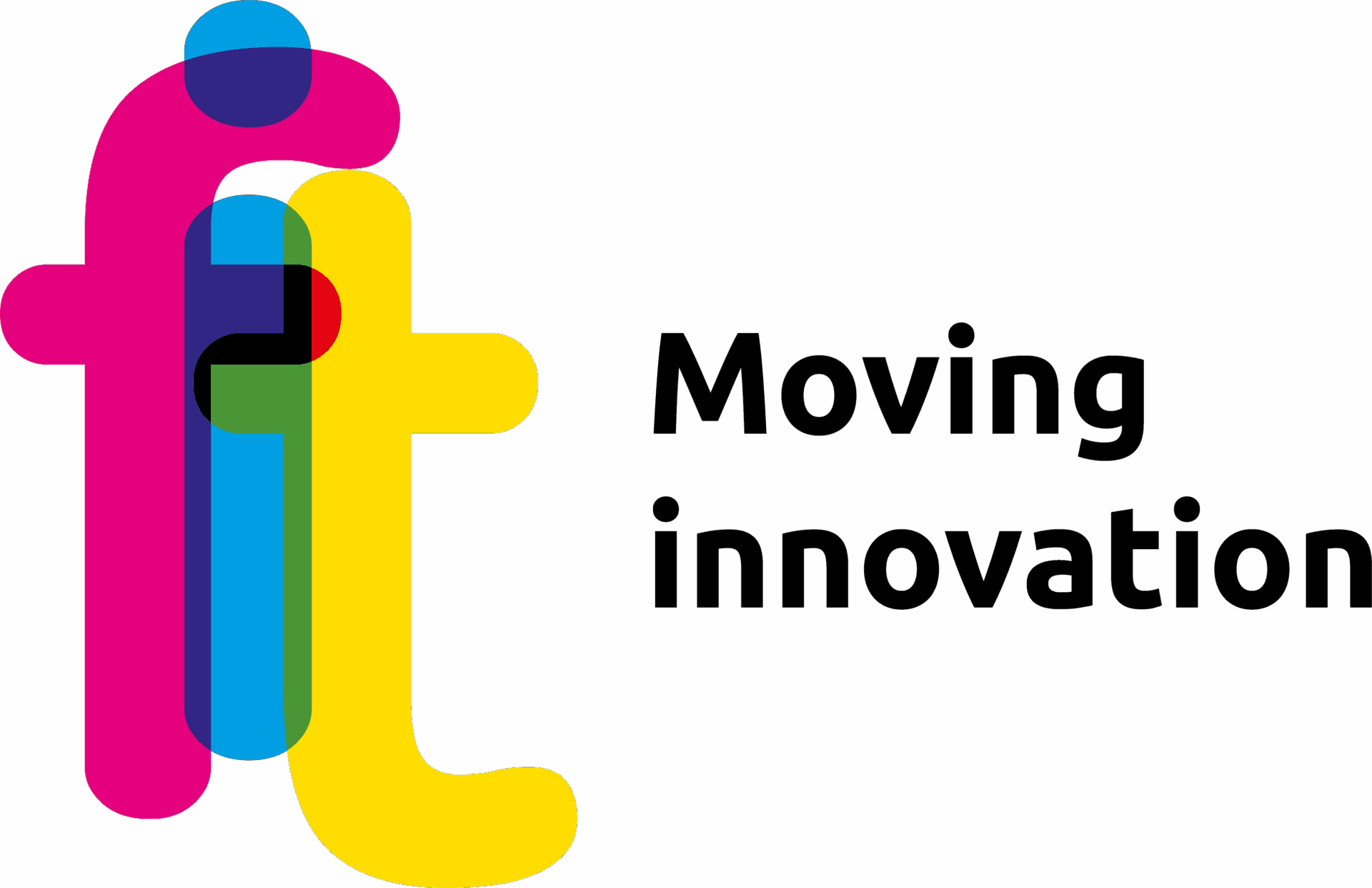75 per cent of people would prefer using public transport to using cars if they were more integrated and connected. This was revealed by the international study conducted by Hitachi Rail between last August and September on a sample of 8073 individuals and analysed the propensity to use LPT and smart mobility in eight cities in the world.
As far as Italy is concerned, the city of Turin where a percentage of83% of individuals inclined to abandon travelling by individual means in the presence of a more integrated, connected and efficient public transport network. The research also found that people would also be willing to pay more for a higher quality of service67% of respondents (against a global average of 60%) among citizens in Turin said they would be prepared to accept an increase in costs in order to receive a more connected and efficient service.
One in three respondents also stated that the main reason why they would use public transport to the detriment of private transport was the possibility of reducing their travel time. On the other hand, an average of 15%, rising to 17% in Turin, say they would like to use public transport more to reduce their environmental footprint.
Globally, on the other hand, 78% of respondents identified travel time and the cheapest travel option as the two main drivers for their choice of means of transport. However, it is noted that ‘while it is true that a more connected network and a more frequent flow of information that can be accessed in real time can be important drivers for increasing the use of public transport in cities, it is also true that usability and security in the sharing of personal data are key conditions in terms of using a possible service that makes public transport more connected and efficient’. Only 55 per cent of the total number of respondents worldwide (and 61 per cent of those in Turin) said they would be willing to share their payment data with multiple travel apps, and almost two thirds of the respondents said they would be discouraged from using public transport if they had to use several different travel apps to do so. Reticence, however, ‘varies drastically from country to country, with confidence much lower in North America and the UK than in continental Europe and Asia’.
Regarding the main barriers to the use of public transport in the world in more detail, these are mainly overcrowding (48%) and lack of tranquillity and comfort (42%). 80% of respondents in the city of Turin, where 73% currently say they use their car to get to work, would use public transport more if they had the possibility to check in real time how crowded they are. The two negative factors most felt by Turin residents are the crowdedness of the vehicles and the fact that timetables and frequency are often unreliable.
Source: adnkronos








